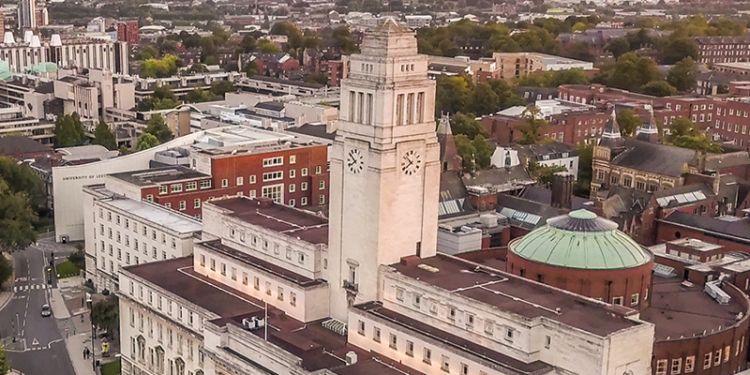Medieval Studies MA gains Arabic, Persian, and Turkish

The IMS has added new MA modules in Arabic, Turkish, and Persian to its curriculum beginning in the 2021-22 academic year.
The MA in Medieval Studies taught by Leeds’s Institute for Medieval Studies has made a major expansion of the geographical and cultural scope of its curriculum for the academic year beginning in September 2021. For the first time, IMS students will have access to modules in Arabic, Persian, and Turkish, as well as other options that enable them to study the period 500-1500 CE far beyond the IMS’s former European focus.
These curriculum changes come at the same time as the Leeds’s appointment of Rebecca Darley to a lectureship in Global History: Rebecca’s current research examines interactions between political and economic networks in the western Indian Ocean in Late Antiquity (c. 200-800 CE).
Enabling students to conduct cutting-edge postgraduate research in Medieval Studies has always been the core aim of the MA in Medieval Studies, and this is reflected in the specialist tuition we provide in Latin, as well as medieval English, German, French, and Norse. We have now liaised with Leeds University’s exceptionally vibrant Arabic, Islamic and Middle Eastern Studies department to integrate their beginners’ courses in Arabic, Persian, and Turkish newly available at MA level — into our curriculum. Although these modules focus on teaching a modern form of these languages, the deep continuities in the literary expression of these languages over the centuries makes their modern forms a useful and necessary gateway into the study of their medieval literature.
‘Learning a language like Arabic is a slower process for an English-speaker than learning, say, Latin’, commented Alaric Hall, the director of Institute. ‘But that’s all the more reason for us to give Medieval Studies researchers the chance to begin their journey as early as possible — and for many students, that moment is their master’s degree.’
Other modules newly available to IMS students are ‘The Art of the Silk Roads’ and ‘Prehuman to Postanthropocene’. Meanwhile, existing modules such as ‘Medieval Bodies’ and ‘Gender, Power and the Supernatural: Saints and their Cults 200-1100’ also enable students to read medieval European texts and traditions in relation to wider Mediterranean and Asian history.
‘And with our recent appointment of Rebecca Darley, we can look forward to further developments in our curriculum to come’, says Hall. ‘The IMS is sustaining its excellence in medieval European studies, and students can still focus there; but they will understand medieval Europe as part of a larger story, and if they wish can focus their studies elsewhere in Eurasia and North Africa.’




